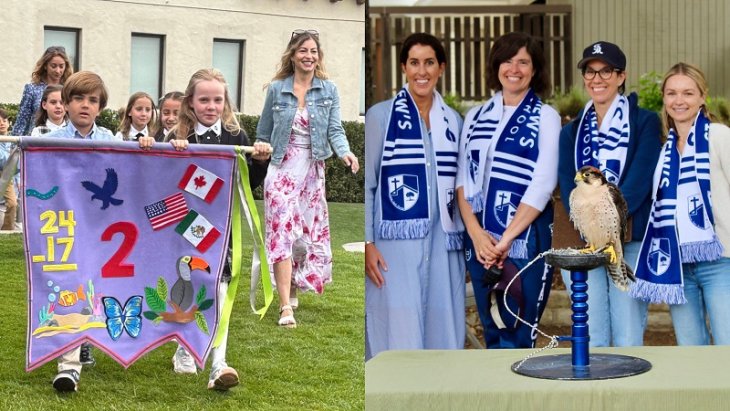By Tabitha Hogue
Many people think diminishing audiences for classical orchestral concerts is a modern day problem, but in fact, it was an issue for orchestras as far back as the 1930s. No stranger to this problem, American composer Aaron Copland decided to try out a musical style that would be more appealing and accessible to the general public. The resulting pieces include some of his most beloved compositions, such as Appalachian Spring and Fanfare for the Common Man. The Fanfare was inspired by a line from a speech by Franklin D. Roosevelt’s Vice-President, Henry Wallace, which described the 20th century as “the century of the common man.”
Copland’s Fanfare for the Common Man will open a special free concert by the Santa Monica Symphony this Saturday, January 13th , at 2 pm in SGI Auditorium, 525 Wilshire Blvd. This Martin Luther King Holiday Weekend performance will celebrate the legacy of MLK Jr. and largely comprises music by American composers, including Duke Ellington and Joseph Schwantner.
About the Fanfare, Santa Monica Symphony Music Director and Conductor Guido Lamell says, “I love this piece – it’s got this great American sound to it – full of open harmonies and major chords above powerful percussion elements. What the character of this music – and the title of the work – says to me is that we are more similar and more together than we are apart.”
The next piece on the program, Duke Ellington’s Black, Brown, and Beige, Lamell describes as “a wonderful orchestration of some standard jazz styles.” As such, the piece presents some unique challenges. “Even though a saxophone or a trumpet can go tearing through improvisational solos at the speed of light, which is kind of normal in the jazz world, when you try to get a whole brass section or all the strings to emulate that and do it together, it turns out that it’s one of the most difficult things that we’ve ever done,” Lamell said, adding, “But it’s great fun.”
Black, Brown, and Beige illustrates various seasons of African American history, with the “Black” section depicting people at work and at prayer. “Brown” commemorates black soldiers who fought in American wars. “Beige”, Ellington said, was meant to “depict the contemporary Negro and his plight in the US between two world wars and during the second. The twenties meant gin-mills, the pseudo-African movement, the Charleston, the party life, the lonely plight of the single drinkers, the sad tinkle of a
people beneath the tremblors of their night-life.
The first half of the program ends with Giacomo Puccini’s great operatic aria Te Deum from Tosca, and will be performed by Internationally celebrated Bass/Baritone Cedric Berry. Regarding his selection of this aria, Berry notes, “This concert has epic pieces from other genres. I wanted to choose something from the operatic repertoire that was just as epic. This is one of the greatest scenes for a Bass/Baritone, riddled with theatrical and vocal drama.”
The closing piece on Saturday’s program is Joseph Schwantner’s New Morning for the World, which Lamell describes as “a complex and grand work that is designed to provide a dramatic setting for a number of Martin Luther King’s great narratives.” Cedric Berry returns to the stage to provide the narration and he commented, “Although I have never performed the piece, I respect and value anything that honors and highlights the life and words of Martin Luther King.”
Lamell cautions audience members not to expect a “comfortable, fun, melodic piece. In fact, the whole opening of it has a character of conflict, turmoil and strife with lots of percussion and complex rhythms and even conflicting harmonies to set the stage for the conflicts and difficulties of black history. Only later in the work do things begin to calm down and take on a more conciliatory tone.”
Saturday’s performance at SGI Auditorium is free to the public, with open seating. For more information about the concert, please visit www.smSymphony.org or call (310)395-6330.




















